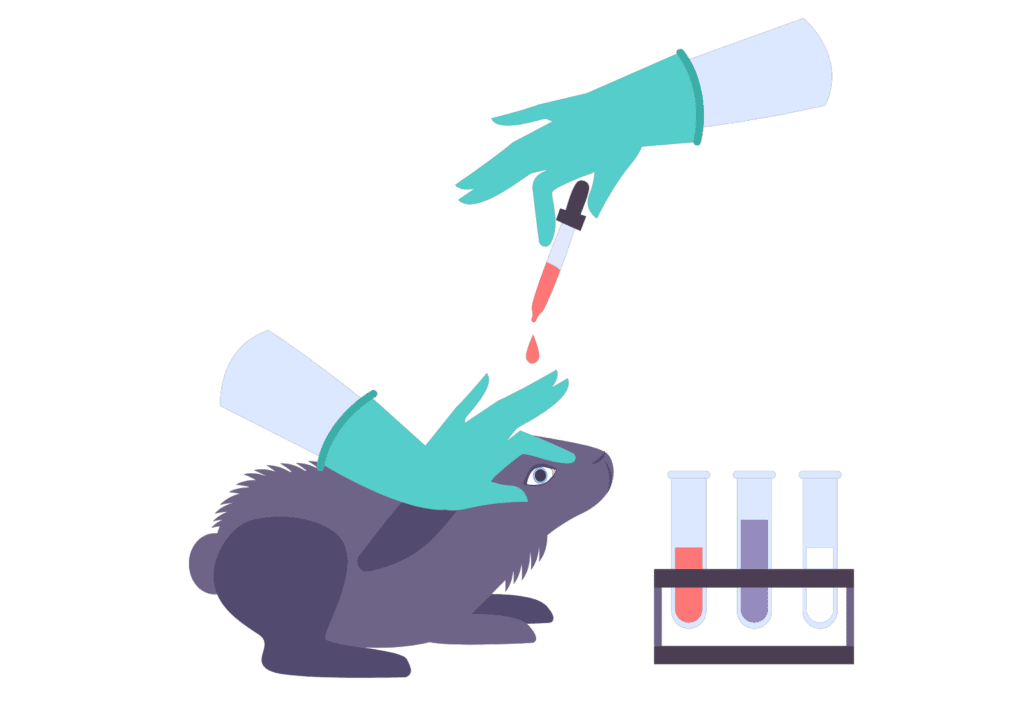Ethics
Ethics Revision
Ethics
It is important to consider the ethics in your scientific experiments. You should be able to justify any consequences of your research.
Ethical Experiments


Certain experiments require ethical consideration before doing the experiment.
If you carry out an experiment involving other people, they should not feel pressured to take part or be forced to take part against their will. You must first get their consent.
If you carry out an experiment using living organisms, they should be treated ethically and safely. Animals should be treated humanely and be well-cared for. Any animals captured for the purposes of the experiment should be released back into their habitat when the experiment is over.
Considering Consequences
Some experiments may have risks and disadvantages associated with them. To decide if the experiment is worth the risk, it must be weighed against the potential benefits of the experiment.
Consequences of scientific research can be:
- Personal – affects individuals
- Social – affects groups of people
- Economic – affects businesses and costs of goods
- Environmental – affects habitats and ecosystems
For example, testing medicines on animals poses the risk of harming the animals. The benefits of testing medicines on animals is that human lives may be saved if the medicine is toxic. Not everybody agrees on whether or not we should test medicines on animals, some people think it is unethical but some people think the benefits outweigh the risk.
Science can not answer every ethical question. When making decisions, individuals must consider what they believe to be wrong and right.
Ethics Example Questions
Question 1: You are doing an experiment on students in your class. How can you make sure this experiment is ethical?
[1 mark]
Ask for the students’ consent.
Question 2: What is meant by an environmental consequence?
[1 mark]
A consequence that affects habitats and ecosystems.
Question 3: How can you decide if an experiment is worth the risk it poses?
[2 marks]
Consider the risks and benefits. If the benefits outweigh the risks, you may decide to go ahead with the experiment.





